According to delegate Ly Anh Thu, the Press Law issued since 2016 has revealed many shortcomings as it no longer fully covers press activities in the digital environment such as press on social networking platforms, types of hybrid electronic magazines and press as well as the phenomenon of commercialization of information in the form of disguised advertising.
On June 16, 2025, the National Assembly passed the Law amending and supplementing a number of articles of the Law on Advertising with many stricter regulations, controlling online advertising, managing cross-border advertising activities, and increasing transparency of advertising content. These changes directly impact press activities, which are the main means of advertising transmission.
The revised advertising and stricter regulations on responsibilities and content publishers, including the press, have required amendments to the Press Law to create consensus in the legal system.
In practice, there are still cases where press agencies insert advertisements into articles without clearly stating that they are advertisements, causing confusion for readers and violating both laws.
In addition, expanding the scope of management to digital platforms requires digital journalism and multimedia journalism to have a more compatible and clearer legal corridor.
Therefore, delegates believe that the revised Press Law needs to clarify the scope of journalism in cyberspace, regulate editorial and publishing responsibilities for content with advertising elements, and control media cooperation activities between press agencies and commercial partners. The revision is not only to meet management requirements but also to protect objectivity and transparency, maintain the guiding role of the press, avoid excessive commercialization and ensure that the press continues to be a pillar of reliable information in the digital age.
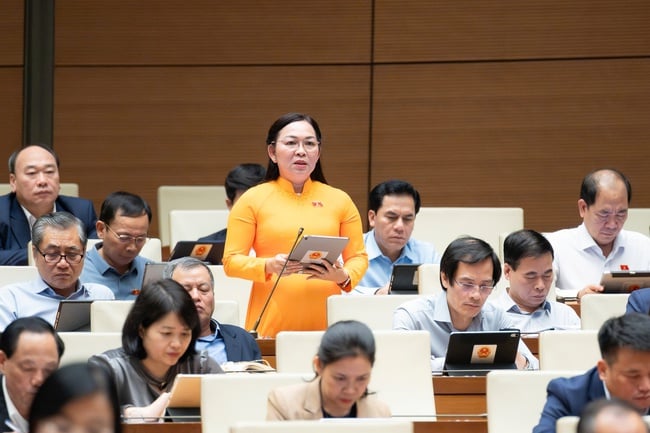
Delegate Ly Anh Thu - National Assembly Delegation of An Giang Province
After studying the Government's Submission, the draft Press Law (amended), the Report on reception and explanation of the Ministry of Culture, Sports and Tourism, and the attached reports, delegate Ly Anh Thu basically agreed and had some opinions as follows:
One is to protect mainstream journalism in the era of AI and fake news. The strong development of artificial intelligence in recent times has profoundly changed the information environment with the role of manipulation, any individual can create articles, images and videos that are identical to the products of the press, every house is a journalist, every person is a journalist. News spreads quickly, without verification, making it difficult for people to distinguish between mainstream information and information created by AI.
This puts great pressure on revolutionary journalism, which is the voice of the Party, the State and the people's forum. Clause 3, Article 39 of the draft law mentions the use of AI, but delegates said that it is necessary to further clarify the responsibility for labeling AI to verify input information and handle when AI creates false content. This is necessary to protect the reputation of the press and the people's right to access correct information. In addition, many organizations and individuals are using AI to produce journalistic content but are not part of a press agency, have no editorial responsibility or professional ethics.
The delegates proposed to complete regulations to identify and impose minimum responsibilities on this group of subjects, in order to limit the spread of fake news in cyberspace. To support the mainstream press to promote its role in the new context, the delegates suggested to pay attention to investing in the national digital press platform mentioned in Clause 9, Article 3 of the draft law, at the same time build a mechanism to order high-value news articles and research and develop a stamp of authentic press in cyberspace. These solutions will help the press improve its competitiveness and support people to access accurate information, quickly distinguish between press content and fake news content.
Second , point a, clause 1, Article 20 of the draft law stipulates the revocation of press operation licenses. The draft law stipulates: "a press agency with a license but not operating is the basis for revocation", although reasonable, it does not clearly define how long it will be inactive. The explanatory report currently states that the time will be specified in the decree, but according to the delegate, this is a criterion that directly affects the rights and stability of the press agency, and should not be entirely assigned to sub-law documents. In many fields, the criteria for determining the status of inactivity and suspension of operation are clearly stipulated by law with a minimum time to ensure transparency and predictability. Therefore, the delegate proposed to immediately add a specific time period in the law, for example, 3 months or 6 months to ensure consistent application, avoid arbitrariness, and at the same time protect the legitimate rights of the press agency.
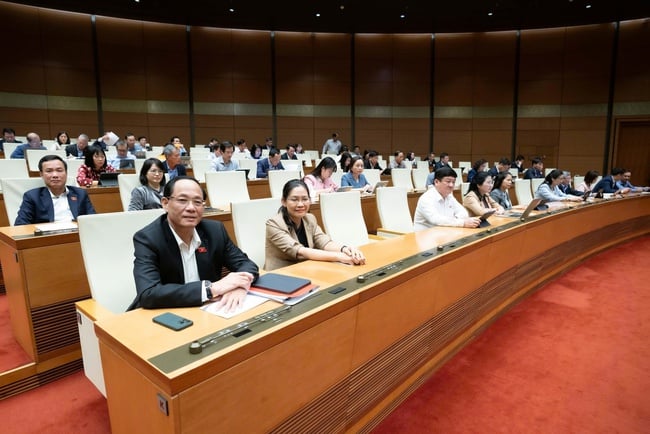
Delegates attending the discussion session.
Third , Article 21 of the Draft Law stipulates the revenue sources of press agencies: According to Report No. 970, Article 21 previously stipulated revenue sources from sponsorship and other legal revenue sources as prescribed by law. However, in the draft submitted to the National Assembly this time, the drafting agency removed the phrase "other legal revenue sources as prescribed by law" for press agencies without any explanation. Therefore, delegates requested the drafting agency to reconsider this content, in the context of the press transforming its economic model, requiring diversified revenue sources.
Removing this provision could limit creative activities and reduce the autonomy of press agencies. The acceptance report also confirmed that the state is oriented towards developing multi-platform press, expanding digital space associated with online services, which requires a more flexible legal framework for legal sources of revenue. Therefore, to encourage press agencies to develop in the direction of autonomy, professionalism, and creativity, delegates suggested that the drafting agency retain the phrase "other legal sources of revenue as prescribed by law" in Article 21 of the draft Press Law. This provision will both ensure transparency and legality and create a legal basis for press agencies to expand their operations, diversify their revenue sources, and meet development requirements in the current industrial and information society period.
Fourth , at point b, clause 3, Article 29 of the draft law stipulates the basis for not considering granting a press card. Point b stipulates that violating professional ethics is the basis for refusing to grant a press card without a time limit, without classifying the level of violation, without defining criteria and scope of seriousness or lightness. Meanwhile, other bases are also provisions of law, have clear limits and time limits, including much more serious acts such as conviction or revocation of press cards. Maintaining an indefinite basis is disproportionate and inconsistent with the practice of journalism, where many professional errors have been handled internally by press agencies. According to the data received, the Ministry's explanation of professional ethics regulations mainly belongs to the responsibility of the Journalists Association and press agencies. Therefore, to ensure fairness and consistency, delegates propose to amend in one of the following two directions: Either add a limited time limit like other bases or only apply to serious violations of professional ethics and have been disciplined.
Source: https://bvhttdl.gov.vn/viec-sua-doi-luat-bao-chi-la-het-suc-cap-thiet-trong-boi-canh-truyen-thong-so-bung-no-20251125101626004.htm


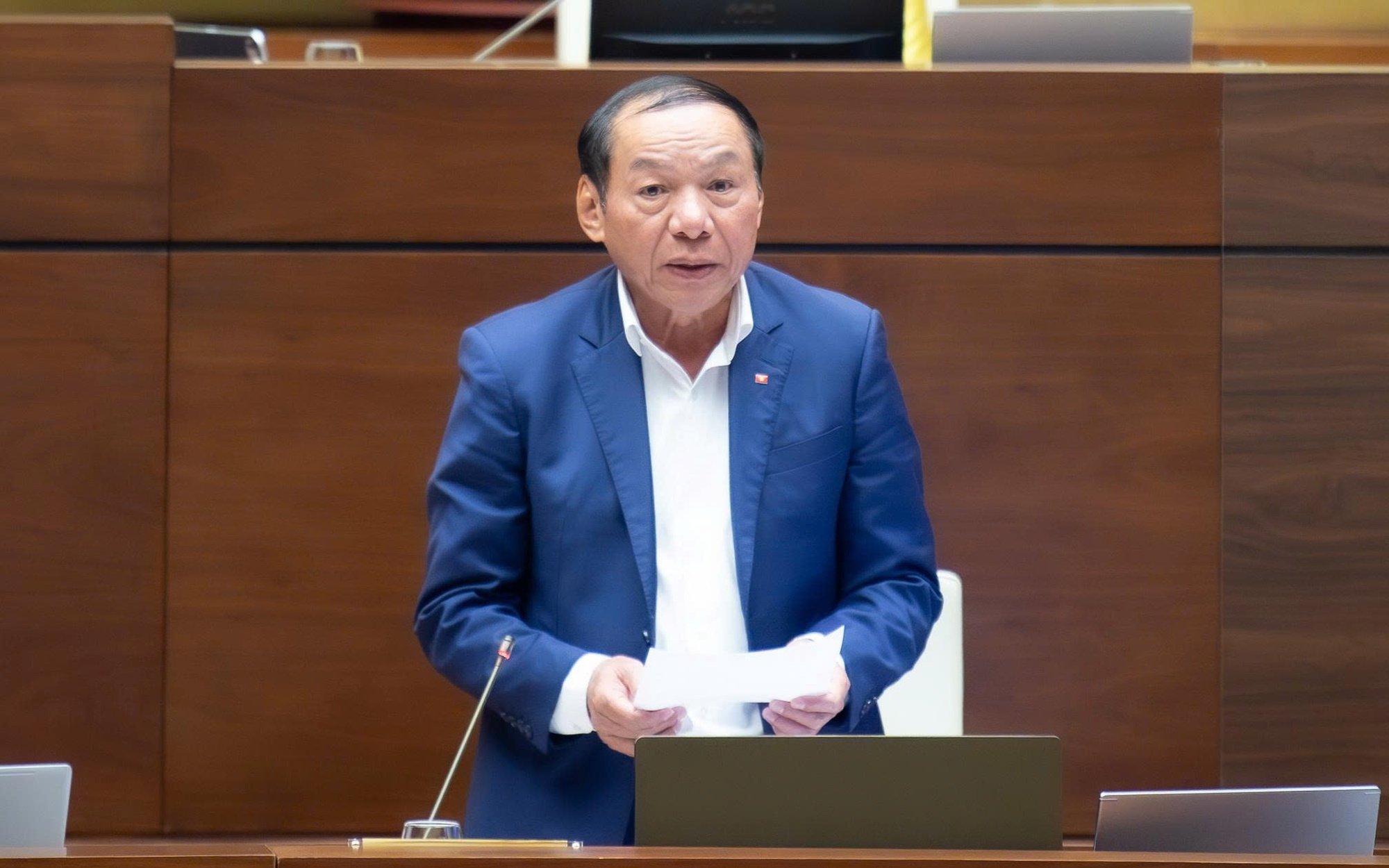
![[Photo] Prime Minister Pham Minh Chinh chairs the 15th meeting of the Central Emulation and Reward Council](/_next/image?url=https%3A%2F%2Fvphoto.vietnam.vn%2Fthumb%2F1200x675%2Fvietnam%2Fresource%2FIMAGE%2F2025%2F11%2F27%2F1764245150205_dsc-1922-jpg.webp&w=3840&q=75)



![[Photo] President Luong Cuong attends the 50th Anniversary of Laos National Day](/_next/image?url=https%3A%2F%2Fvphoto.vietnam.vn%2Fthumb%2F1200x675%2Fvietnam%2Fresource%2FIMAGE%2F2025%2F11%2F27%2F1764225638930_ndo_br_1-jpg.webp&w=3840&q=75)

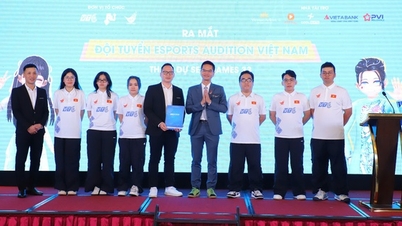
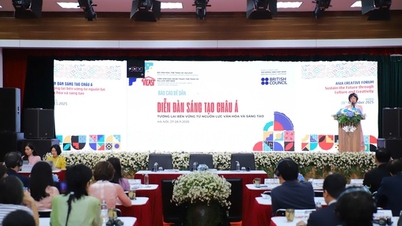
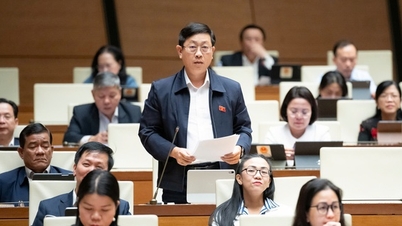
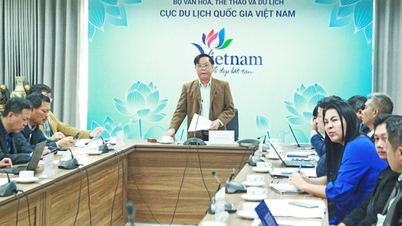
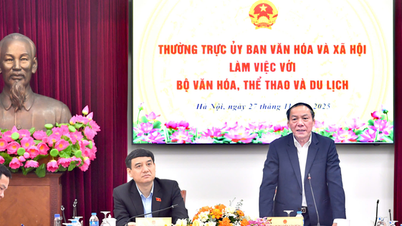
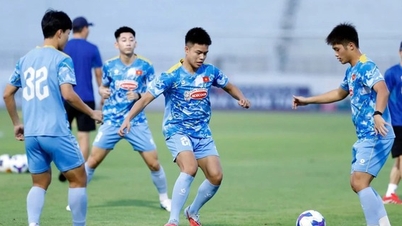





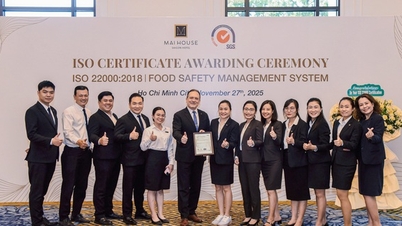
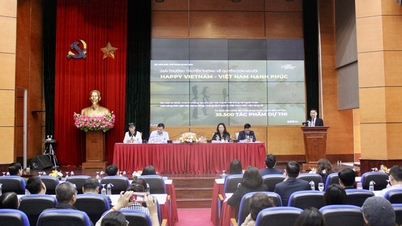

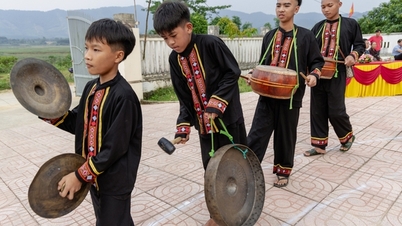
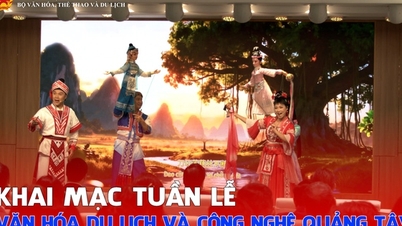




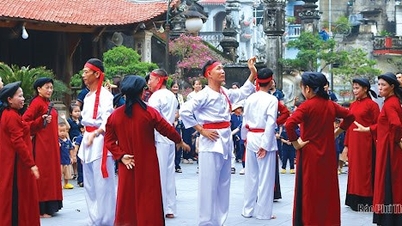


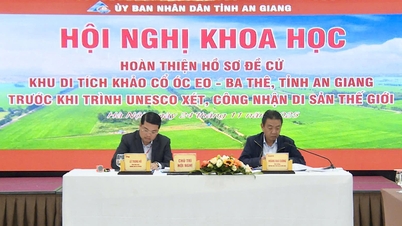





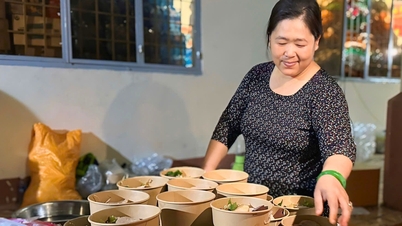

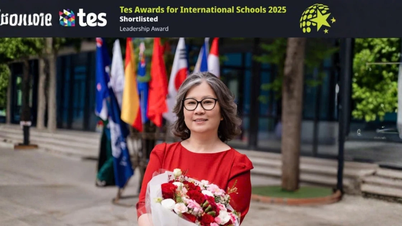
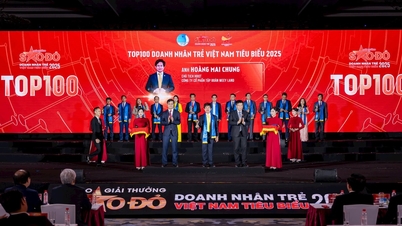


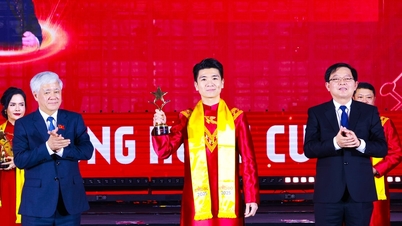
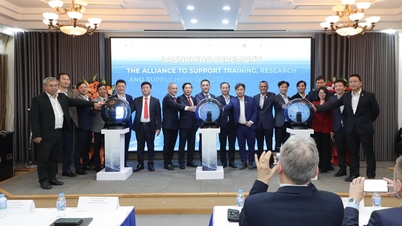



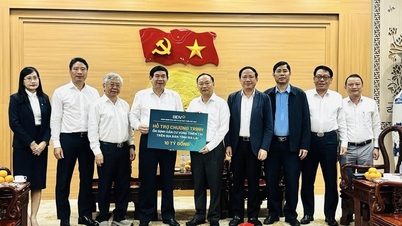

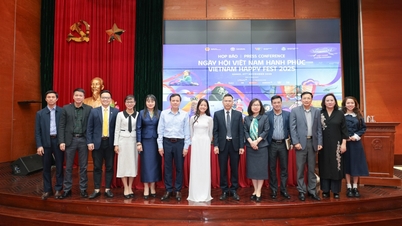













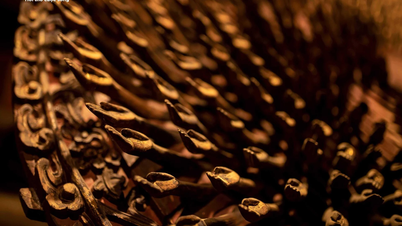

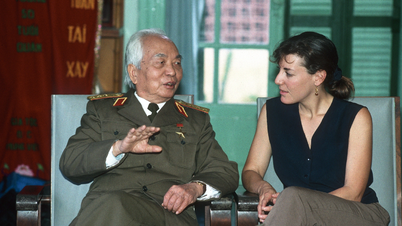
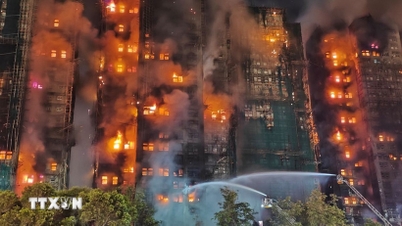

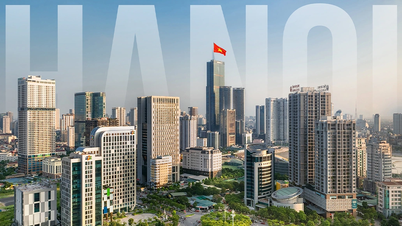
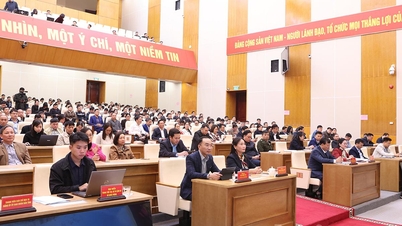








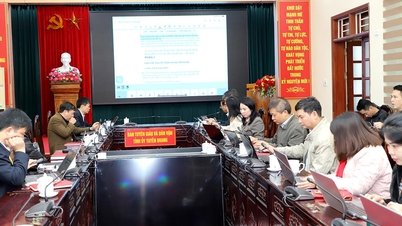









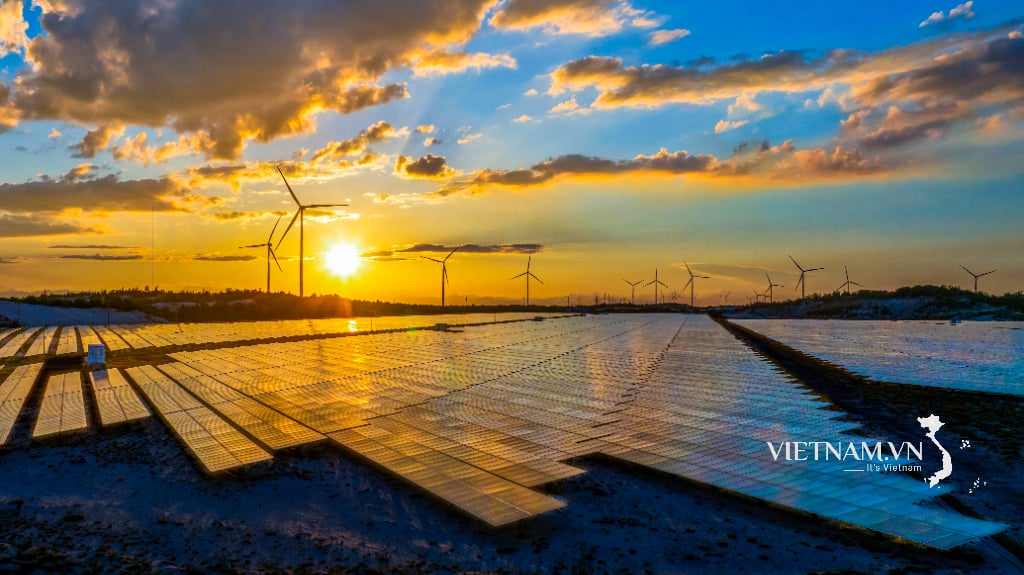



Comment (0)